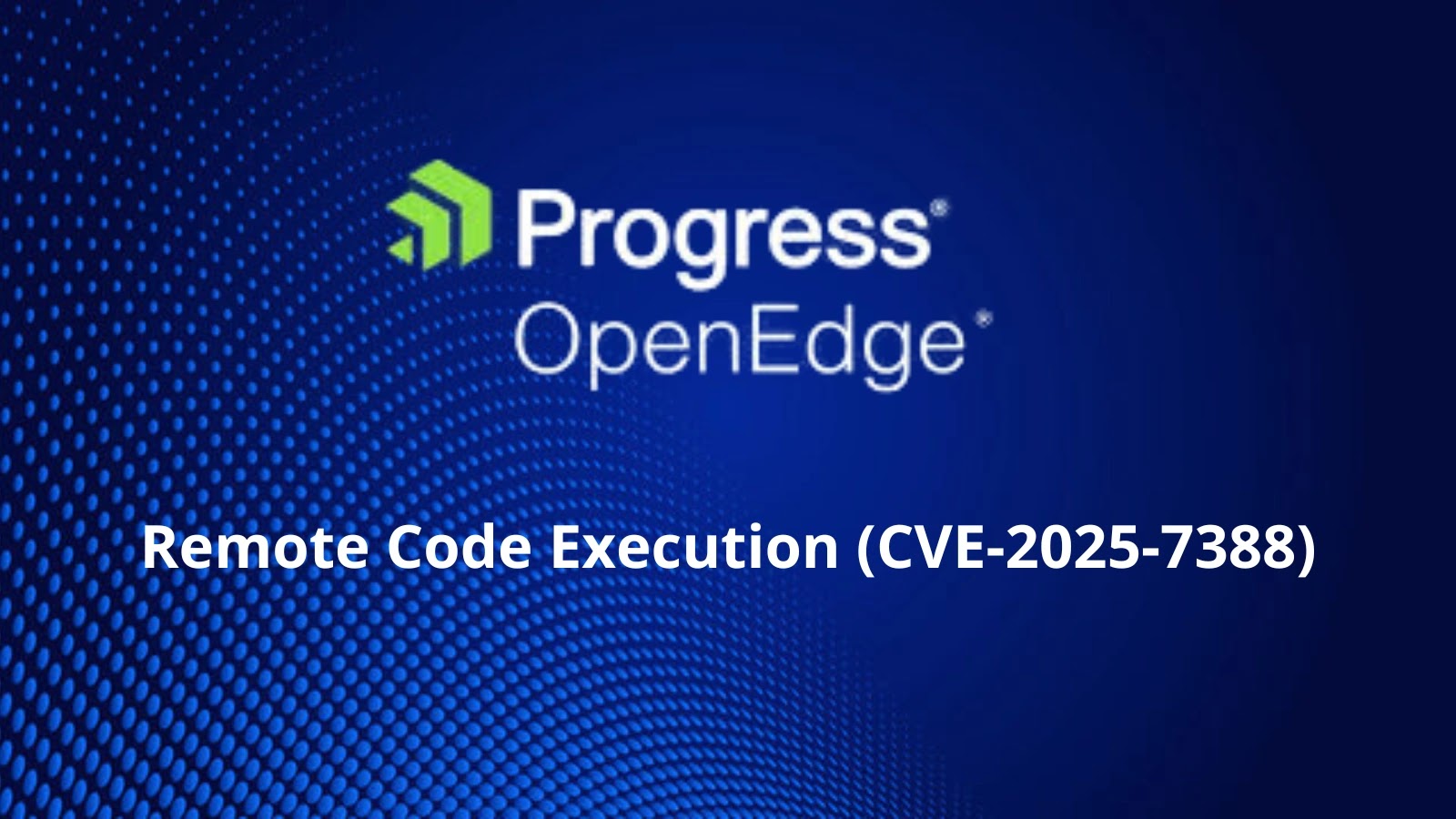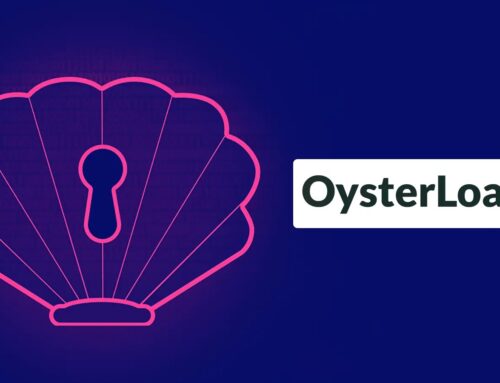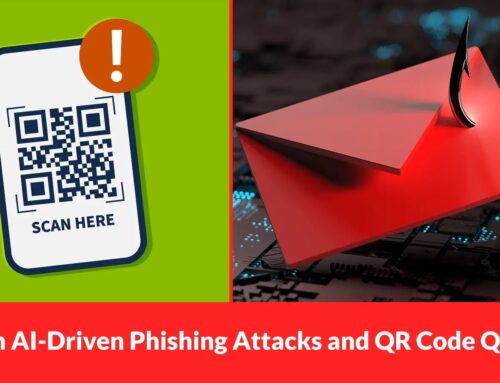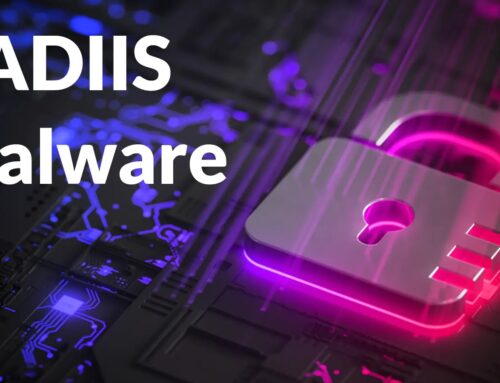
Progress OpenEdge AdminServer Vulnerability Let Attackers Execute Remote Code
In the evolving landscape of enterprise software, critical vulnerabilities can emerge that pose significant threats to organizational security. A recent discovery in Progress OpenEdge’s AdminServer component highlights just such a peril, potentially allowing unauthorized remote code execution and jeopardizing the integrity of business applications. Understanding the nature of this flaw and implementing timely countermeasures is paramount for any organization leveraging this widely used platform.
Understanding the Progress OpenEdge AdminServer Vulnerability
A critical security vulnerability, identified as CVE-2025-7388, has been uncovered within the Progress OpenEdge application development and deployment platform. This flaw specifically targets the AdminServer component, which is central to managing OpenEdge environments. The vulnerability opens a pathway for attackers to achieve Remote Code Execution (RCE). This means an unauthorized actor could potentially execute arbitrary commands on a vulnerable system with elevated privileges, leading to serious consequences such as data theft, system disruption, or complete compromise of the affected server.
Impact of Remote Code Execution (RCE)
Remote Code Execution is one of the most severe types of vulnerabilities, granting attackers extensive control over a compromised system. For businesses utilizing Progress OpenEdge, the implications of CVE-2025-7388 are profound:
- Data Exfiltration: Attackers could access, copy, and steal sensitive business data, customer information, or proprietary intellectual property.
- System Disruption: Malicious actors might disrupt business-critical applications and services, leading to downtime and significant operational losses.
- Lateral Movement: A foothold on one server can be used to pivot to other systems within the network, escalating the attack’s scope.
- Persistent Access: Attackers could install backdoors or create new user accounts to maintain long-term access to the compromised environment.
- Reputational Damage: Data breaches or system compromises canseverely damage an organization’s reputation and customer trust.
Versions Affected by CVE-2025-7388
While specific affected versions are often detailed in official vendor advisories, the initial discovery indicates that CVE-2025-7388 impacts multiple versions of Progress OpenEdge. Organizations are urged to consult the official Progress security bulletins and advisories for a definitive list of all vulnerable releases and to understand the full scope of the exposure. Proactive identification of affected installations is a critical first step in remediation.
Remediation Actions for Progress OpenEdge Users
Addressing CVE-2025-7388 requires immediate and decisive action. Organizations relying on Progress OpenEdge should prioritize the following steps:
- Patching and Updates: Apply all official patches, hotfixes, or updated versions released by Progress Software. This is typically the most effective and direct method to mitigate the vulnerability.
- Network Segmentation: Isolate OpenEdge AdminServer instances on a dedicated network segment, restricting their ability to communicate with other less critical systems.
- Access Control: Implement strict access controls for the AdminServer. Limit network access only to essential, authorized IP addresses and ports.
- Principle of Least Privilege: Ensure that the AdminServer and related processes run with the absolute minimum necessary privileges.
- Monitoring and Logging: Enhance monitoring for suspicious activity on OpenEdge servers, especially around the AdminServer component. Review logs for unauthorized access attempts or unusual command executions.
- Web Application Firewall (WAF): Deploy a WAF in front of web-facing OpenEdge applications to filter malicious requests, although this might not directly protect the AdminServer itself if it’s directly exposed.
- Security Audits: Conduct regular security audits and vulnerability assessments to identify potential weaknesses in your OpenEdge deployments and overall IT infrastructure.
Security Tools for Detection and Mitigation
Leveraging appropriate security tools can aid in identifying and protecting against vulnerabilities like CVE-2025-7388.
| Tool Name | Purpose | Link |
|---|---|---|
| Nessus | Vulnerability Scanning & Asset Discovery | https://www.tenable.com/products/nessus |
| OpenVAS | Open-source Vulnerability Scanner | https://www.openvas.org/ |
| Snort | Network Intrusion Detection/Prevention System (IDS/IPS) | https://www.snort.org/ |
| Wireshark | Network Protocol Analyzer (for traffic inspection) | https://www.wireshark.org/ |
| Metasploit Framework | Penetration Testing (for vulnerability validation, use responsibly) | https://www.metasploit.com/ |





